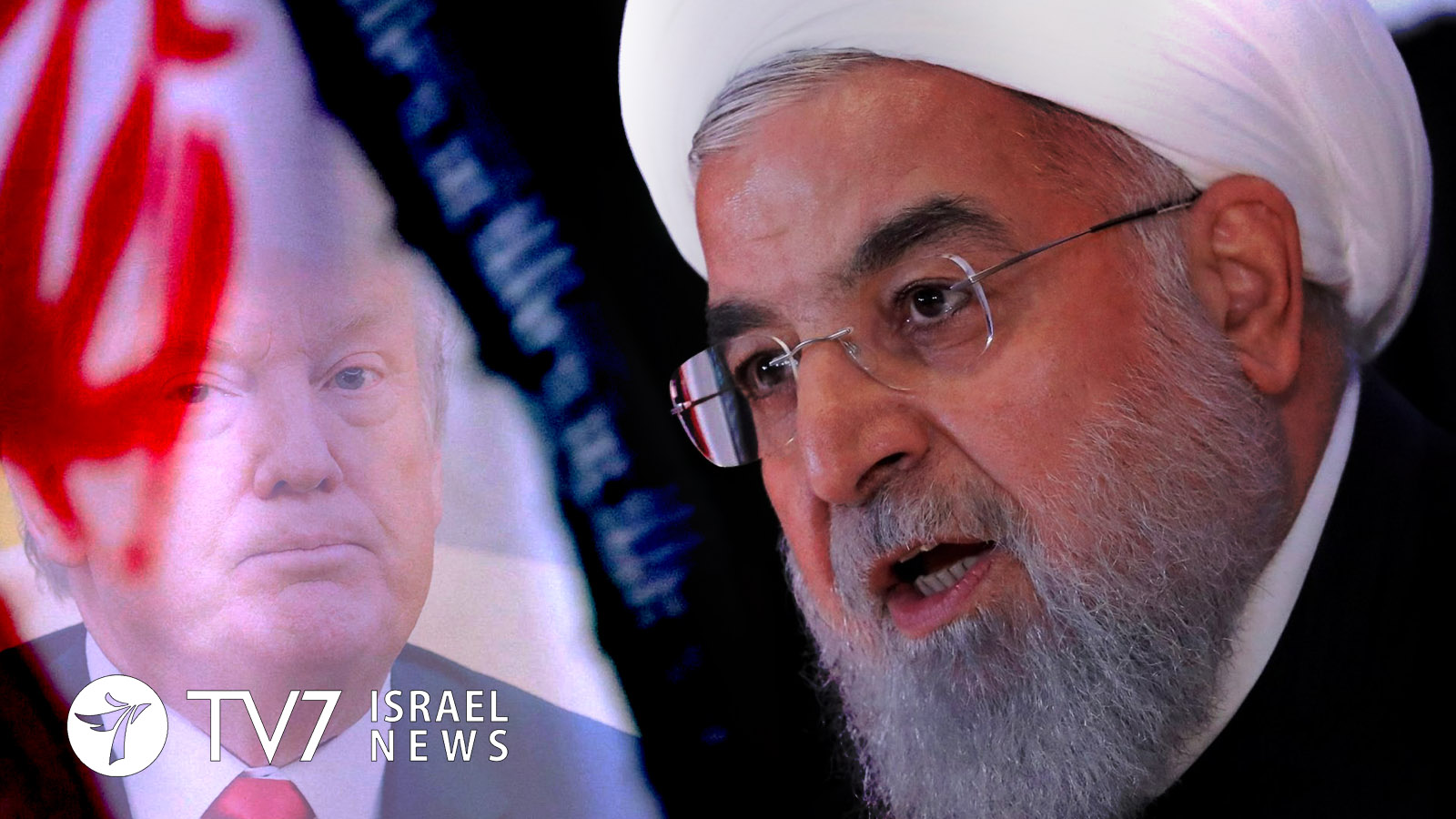The U.S. State Department Representative for Iran Brian Hook stressed in a press briefing that the U.S. sanctions have had the intended result to restrict Iran’s cash flow, which consequently constrains its ability to operate freely across the Middle East. According to Hook: “Almost one year after the United States ended its participation in the Iran nuclear deal, and five months after the full re-imposition of our sanctions, it is clear that our actions are restricting Iran’s cash flow. They are constraining its ability to operate freely in the region.”
According to the American official, the U.S. efforts to deprive Iran from funding have impacted the country’s ability to funds its long-arm, the Islamic Revolutionary Guards, as well as its Shi’ite proxies across the region, including Hezbollah. “Since the IRGC controls up to half of Iran’s economy, this lack of investment means less money for the Quds Force and Iran’s network of proxies. Our sanctions are draining Iran’s support to its proxies, and for the first time in a very long time, they have less access to revenue to spread terror and militancy. In March, Hassan Nasrallah, the leader of Lebanese Hizballah, publicly appealed for donations for the first time ever. He has been forced to undertake unprecedented austerity measures,” He said.
With regard to waivers that were granted to eight countries on oil purchases from Iran, Brian Hook revealed that three of those countries had already managed to decrease their Iranian-imports to zero. In his words: “In November, we granted eight waivers, oil waivers to avoid a spike in the price of oil. I can confirm today that three of those importers are now at zero. That brings us to a total of 23 importers that once were purchasers of Iranian crude that are now at zero. With oil prices actually lower than they were when we announced our sanctions, and global oil – and global production stable, we are on the fast track to zeroing out all purchases of Iranian crude.”
The U.S. Envoy also took his time to respond to a question about the deadly-floods that struck at least 26 out of Iran’s 31 provinces, emphasizing that the Ayatollah regime’s focus on its expansionist foreign policy over the management of water irrigation and emergency preparedness have led to these dire consequences. Hook stated that “They are suffering from floods because Iran has prioritized its expansionist foreign policy over things like emergency preparedness and water management. I released a video a few weeks ago, before the flooding occurred, talking about how Iran has destroyed its environment. The regime has destroyed its environment, and it has mismanaged its water resources, and it goes through these cycles of drought and flooding.”
While the Mullah’s in Tehran are to blame, the Special Representative for Iran reiterated a statement that was issued earlier in the day, in which U.S. Secretary of State Mike Pompeo extended his condolences for the 47 people that were killed and offered Tehran Washington’s humanitarian assistance.
Meanwhile, flood risks have forced the Iranian regime to order the immediate evacuation of 70 villages in the oil-rich southwestern province of Khuzestan. Shushan county governor Adnan Qazi explained that those villages are in close proximity to the Dez and Karkheh rivers, which are expected to over-flow.
Furthermore, Iran has announced a state of emergency in several provinces threatened by imminent flooding, and tens of thousands of people have been forced to evacuate their homes in the 26 flood-stricken provinces, where dozens of villages have been evacuated already. According to Iranian Army Commander Amir Heidari “For as long as people need us, we stand by the people. We will stay here until bridges are re-established, hospitals are operational.”
Officials in Tehran have called on people to stay away from rivers and areas near dams, saying that all the relevant organizations were on high-alert due to possibility of flooding in the Iranian capital.
